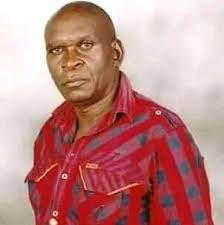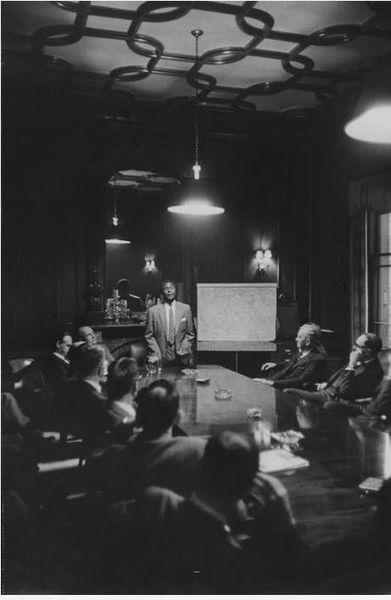Osito Kale has lost more women than any other man. He has lost many to death. He has had many unpleasant encounters with women. Kasam, has not given up. I've never asked him which of the two is worse. Is it more painful to lose a woman to death or to other men? 

Many things can and have contributed to Osito becoming a great man, a better artist, and possibly the greatest living Benga maestro. Nothing, however, has made me love him more than his true life story, 

which he has generously shared with us through his compositions. We know because he told us in the most beautiful yet painful ways. 

Osito lost Betty Nyochuonyo, a woman she was engaged to and lived with in Sondu back when Sondu was still Sondu. Have you ever heard of Sondu Rach? Yes, Osito was with Betty for a long time. Then death intervened and took her away just as their marriage was blossoming. 

He returned her to Asembo and buried her. Just like a man should. So our culture tells us. A husband must bury his wife. Either long gone or with him. It is duty, a commitment to the gods, that they die. Men, not so!
Osito lost Nyarkadenge . He describes her as a hardworking woman. She was a businesswoman who established herself in Asembo's Mango business. Women trusted the treasurer. She was a prayerful woman who was close to Father Richard of Lwak Parish.
In his tribute to Nyakadenge, Osito wonders what he did to deserve all of his trials. Two women buried in one life? Osito poured his heart out in that song and cried bitterly to God. He even accuses the doctors at Old Nyanza Hospital of failing to save her life. 

The emotions of Osito, the weight of losing another woman to death, are overshadowed by the comic relief provided by Ogina Koko as he narrates the journey to Asembo.
Osito is even more devastated after losing Linet Aluoch Pamba to D. O Misiani. Nothing devastates a man more than losing a woman to another man. And we're discussing Aluoch Pamba Nya Alego Karapul here. Not just any woman.
That woman back in the day! Nkt bwana, if you never saw Pamba back then, you know nothing about beauty.
"Aluoch okmedie moro , duog mana dala... natim ang'o to nyiri beyo to ahero aluoch , Nyar karapul mpenzi wangu chopi iresa,,,,seche rumo tionge , chieng be podho tionge , chon nihera taeroi , nirwaka sondu kajaRinga parie jamuhuri.....chemelil wadhi kodi , kisumucity wadhi kodi'"
Osito declares that there was more than music between him and Aluoch. There was Chemistry, Music Chemistry, and more. They make an excellent team and partners. They were summoned to Nakuru's Merica Hotel one day, he tells us in that song.
The team went, and Aluoch accompanied them. There were many lovely ladies in attendance, but her beauty stood out. Some people were curious about her. Osito informs us that he has remained deaf. I didn't tell anyone else about her.
But he couldn't remain silent for long because a more powerful man soon noticed Aluoch's beauty and melodic voice. That man was D. O Owino Misiani, the reigning King of Benga at the time. He arrived and kidnapped Aluoch from Osito Kale. 

Exactly like that. Raila Odinga told us during Misiani's eulogy that Owino called that Zero grazing. That if he (Owino) desired a woman, he could simply go and take her.
@threadreaderapp Unroll
• • •
Missing some Tweet in this thread? You can try to
force a refresh

 Read on Twitter
Read on Twitter








